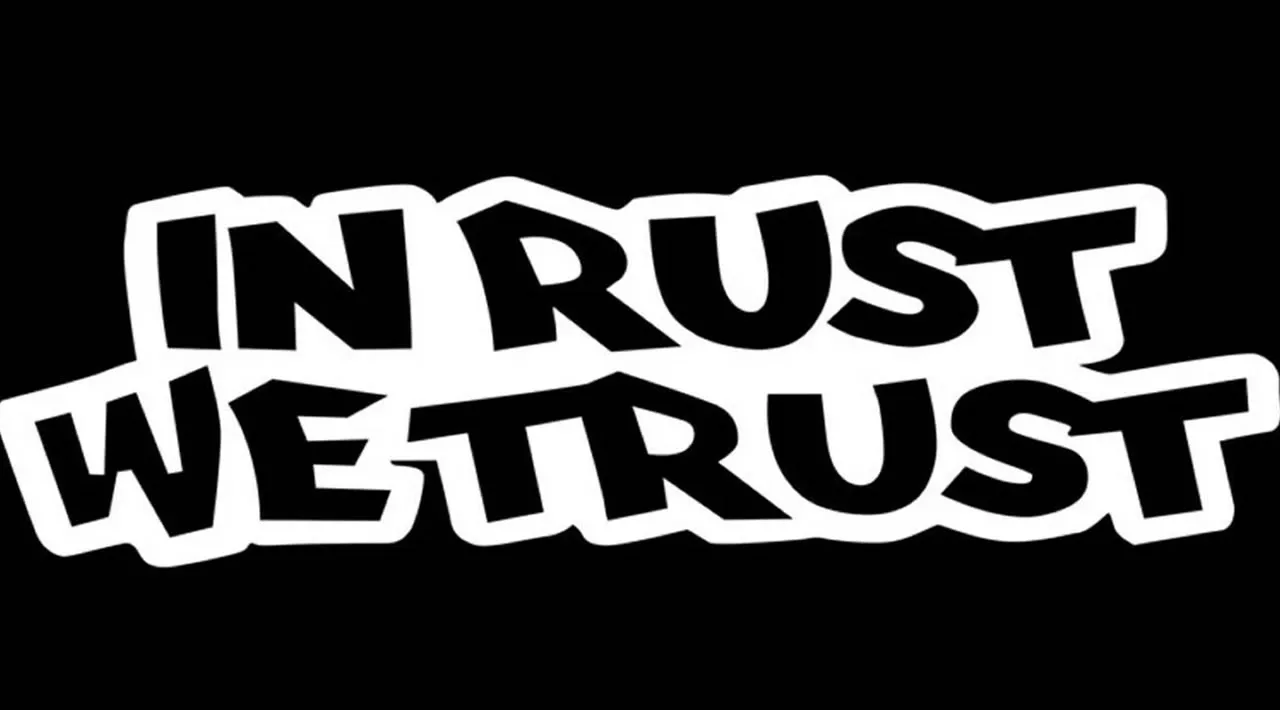Designed and developed by Graydon Hoare at Mozilla Research, the Rust programming language arrived on the scene in 2010. The multi-paradigm programming language has become one of the most favoured languages in the last few years.
As per O’Reilly’s annual ranking, Rust grew 94 percent over the past year. Further, the annual Stack Overflow Developer Survey has picked Rust as the ‘most loved’ language for five consecutive years now.
Advantages
Rust blends the performance of languages such as C++, adds a friendlier syntax, with a higher focus on code safety and simplifies the development process. Notably, a few portions of the Mozilla Firefox browser are written in Rust. Microsoft is also turning to it for recoding the parts of Windows operating systems.
Let’s examine what makes Rust so irresistible:
- R, Python, Matlab are the common languages used for data analysis. However, since these languages interpret the code line-by-line, the speed factor is compromised. While C and C++ offer an advantage in this aspect, they have no ‘guide rails’. Meaning, there are no controls to stop them from inappropriately accessing memory sent back to the OS or from releasing the same piece twice. This can result in meaningless data, or in the worst case, expose security issues or cause the program to crash. Rust successfully overcomes this problem.
- Rust has a strong memory management system. It assigns each piece of memory to a single owner and determines who can access it. It also ensures parallelized code, enabling software to run safely on multiple processors. Rust is easier to maintain and debug.
#rust vs python #rust
